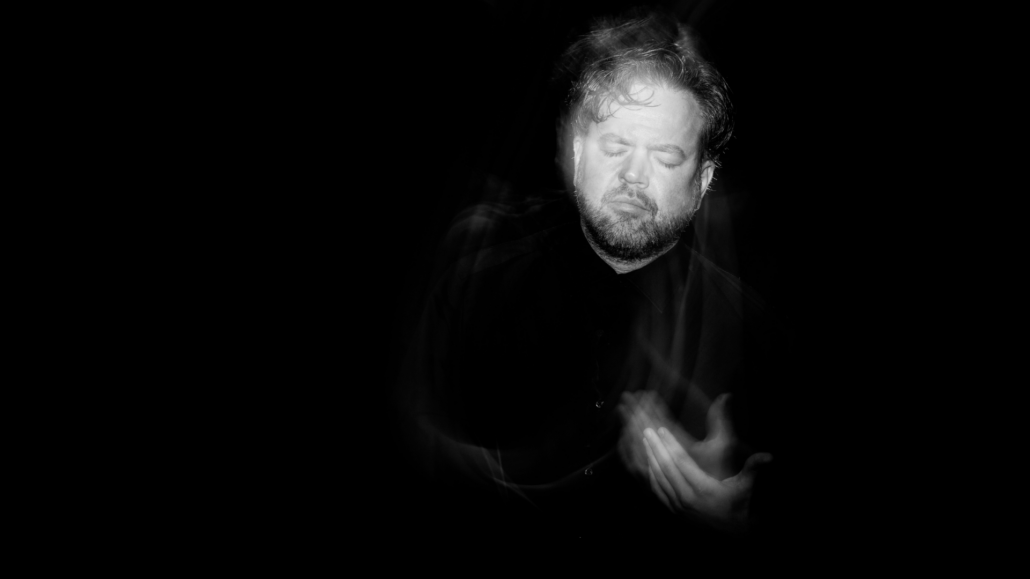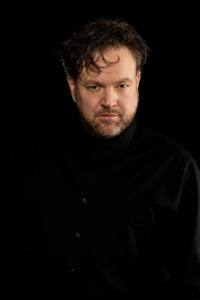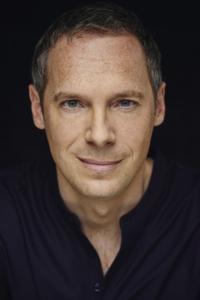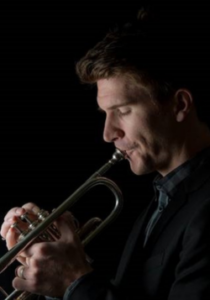FEBRUARY 4, 2024
KLUXEN – TRANSFIGURED NIGHT
Not so long ago, the idea that Arnold Schoenberg could write shimmeringly beautiful and deeply emotional music would have seemed absurd to all but a dedicated handful of enthusiasts and connoisseurs. To the general public, and to a distressing number of musicians, the doyen of the Second Viennese School was a bloodless theoretician, bent on purging all human feeling from organized sound through his rigidly formulaic 12-tone process. Even the intervention of the legendary pianist Glenn Gould—who in 1966 told the English broadcaster Humphrey Burton that were he a gambling man, he’d be very inclined to place his money “on the prospect for immortality of Arnold Schoenberg above and beyond any other composer who has lived in our era”—was unable to shake this conventional opinion.
It’s likely, though, that those who disseminated this view were more familiar with Schoenberg’s doctrinaire acolytes than with the Viennese master’s small but perfect body of work. That his descendants exerted a stranglehold on academic composition during the middle of the 20th century is undeniable, and for the most part regrettable. But their grip began to slip during the 1960s, and now, finally, Schoenberg can be seen for who he really was: a master craftsman who, far from stripping feeling from his work, reduced it to its essentials.
Again, Gould was ahead of the curve. “I don’t find him a very fearsome composer, really,” he told Humphrey in the same CBC TV interview, which is well worth searching out online. “There is a sternness about Schoenberg, certainly; there’s a hardness of profile, in a sense. But there is at the same time a quality of thematic enterprise….that is not only ingenious, but really quite lovely.”
This may have been hard to hear in 1902, when Schoenberg unveiled the original string-sextet version of Verklärte Nacht, although it’s probable that the negativity that attended its Vienna premiere was in reaction to the composer’s moral modernism rather than his sonic subversion. Inspired by Richard Dehmel’s poem of the same name, Verklärte Nacht is subtly programmatic: it is night, two lovers are walking through darkened streets, revealing in hushed tones their growing devotion to each other. And then the woman drops a bombshell: she’s pregnant—not by her new-found beau, but as the result of a prior one-night stand.
Any conventional suitor would be appalled. Clearly the right thing to do—in Vienna, in 1902, at any rate—would be to break off the engagement. Harsh words should ensue. But Dehmel’s male protagonist is as evolved as the composer who immortalized him.
“Do not let the child you have conceived/be a burden on your soul,” he says. “Look, how brightly the universe shines!/Splendour falls on everything around/you are voyaging with me on a cold sea/but there is the glow of an inner warmth/from you in me, from me in you/That warmth will transfigure the stranger’s child/and you bear it me, begot by me.”
The two embrace and walk on towards their future happiness, and thus the night is verklärt, transfigured.
“This is just a piece I’ve wanted to do for so many years,” says Victoria Symphony music director Christian Kluxen. “It’s just so beautiful in itself.”
The threads that link Verklärte Nacht to Wolfgang Amadeus Mozart’s Divertimento in D major and Dmitri Shostakovich’s Concerto in C minor for Piano, Trumpet, and String Orchestra are many, if perhaps not readily apparent. There’s the Viennese connection for Mozart and Schoenberg, of course: both did their best work in the Austrian capital, and both gave rise to schools of composition that continue to exert influence today. A little more tenuous is the notion that Mozart’s divertimentos were best performed outdoors, perhaps in one of the parks that Schoenberg and Dehmel’s lovers might have passed during their nocturnal perambulation, but it’s amusing to think about.
The influence of Schoenberg on his near-contemporary Shostakovich has been widely debated, although any emulation was likely one-sided. “He had great talent,” the Viennese composer reportedly said of his Russian peer, “but let politics influence his style too much.” Both artists made frequent use of dissonance, although Shostakovich’s use of atonality was often done for effect, while Schoenberg’s was built into his compositional method and likely his worldview. Both did, however, enjoy placing coded puns and messages in their music. Schoenberg used the so-called BACH motif—the tones B-flat, A, C, and B-natural—in his Variations for Orchestra, while Shostakovich did the same with his own DSCH epigram on numerous occasions.
Beyond that, says Kluxen, the theme of transfiguration is strong in all three works. “Shostakovich always has a different side to the coin,” the conductor argues. “He composes one thing, but maybe wants to say something else. It’s very humouristic, the same as Mozart always is. And you could say that this ‘transfigured’ thing goes through all the pieces. Mozart’s music always transfigures into something new and exciting, or sad and inward, and Shostakovich’s music also has transfiguration built into it, in his sarcasm. So all this is right, I think.”
It’s also, he adds, a program that “would never have taken place in past years”. But it’s happening now, and it’s likely to be well received in these eclectic and open-minded times. Evolution is real.
Notes by Alex Varty



 Christian Kluxen, conductor
Christian Kluxen, conductor David Jalbert, piano
David Jalbert, piano